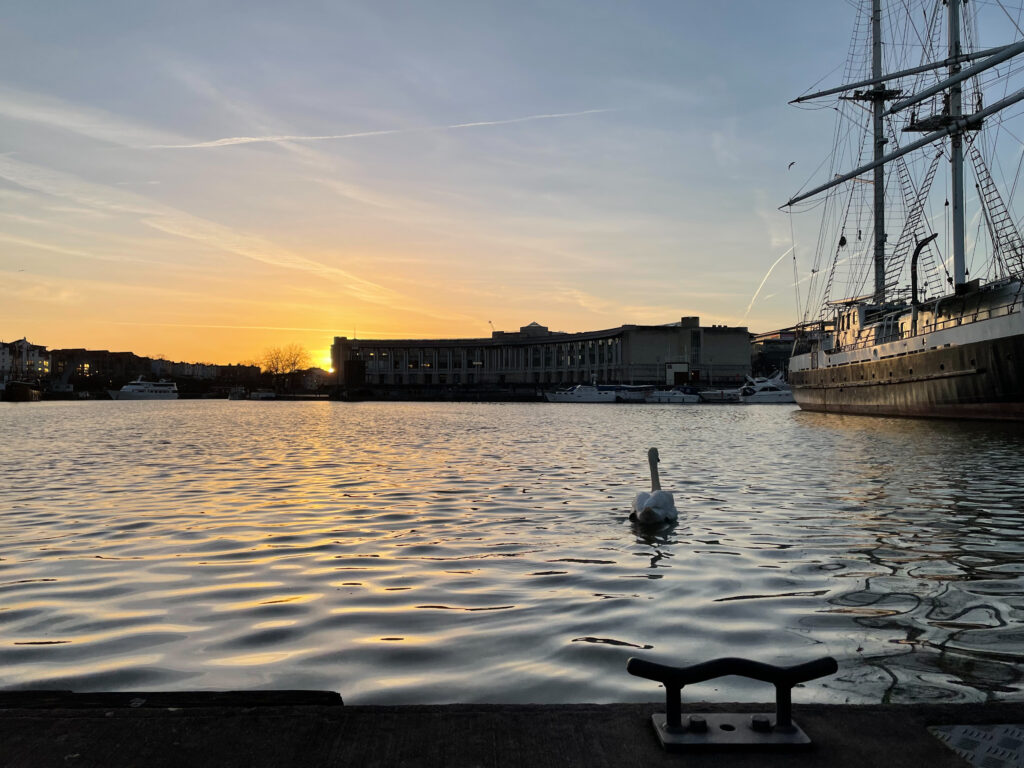“In celebrating the International Women’s Day, this article highlights the story of Jasmine Akbar who managed to achieve her study dream in the UK with the GREAT Scholarship from the British Council. Jasmine, an MSc Applied Neuropsychology student at the University of Bristol, also shared how the GREAT Scholarship assists her journey of achieving her dream in the neuropsychology field as well as some practical tips for prospective scholarship applicants.”
***
Hi Jasmine, can you tell us about your background briefly?
Hi Sahabat Indonesia Mengglobal!
My name is Jasmine Akbar, and I am currently a Master’s student at the University of Bristol studying MSc Applied Neuropsychology. Previously, I have studied Psychology as my undergraduate degree in the University of Manchester.
I have always been interested in the field of psychology ever since high school, but my interest in neuropsychology began as I was undertaking my bachelor degree. Thus, I decided to pursue further studies in this field in hopes of building a career to in it later on in the future to help individuals struggling with neurological and neuropsychological conditions.

As one of the GREAT Scholarship recipients, how did you hear about the GREAT Scholarship? Can you tell us more about the scholarship?
I first heard about the GREAT Scholarship as I was researching for grants and scholarship opportunities before applying for my Master’s to try and lessen my tuition fees. At the time, the GREAT scholarship was listed under the list of available scholarships in the University of Bristol’s website.
There were multiple types of awards, ranging from £10,000 (the minimum) to £25,000 depending on the university, although typically the minimum amount is enough to cover around 40% of most postgraduate tuition fees in the UK. The list of universities included in this program tends to change every year, so it is worth checking its availability with the university of interest. You can check the information in the following link.
The application process itself was straightforward. I was given a form to fill out which asked for my academic or extracurricular achievements, my contributions towards the community, and my goals for the future and how it relates to the scholarship programme. Each question required an answer of about 200 words and was worth 10 marks. After submitting the form, an email confirming the submission will be sent and from then on, it’s just a matter of time before another notification email pops up to confirm the status of the application.

You are currently pursuing an MSc in Applied Neuropsychology at The University of Bristol. Why did you choose this study program?
I chose to study this program because I am very interested in psychology and neuroscience, and the field of Applied Neuropsychology marries both. This program looks at how psychology can be used to help and assess individuals with neurological conditions, such as those with traumatic brain injuries, Alzheimer’s disease, or multiple sclerosis.
My current academic activities in this program involve attending lectures which range from once a week, attending small group seminars once a week and participating in discussions with my personal tutor about my academic life and progress (typically this is also done once a week although each tutor differs), and conducting my own research project as part of my dissertation.

Occasionally, we would have a “block teaching week” which is different from the regular weeks of structured deliveries of lectures, tutorials, and seminars. These “block teaching weeks” are conducted twice in a semester, in which we have to attend lectures from 9AM to about 4PM or 5PM for four to five days of the week (depending on the schedule of that semester). These weeks are structured to be focused on learning new materials delivered by various clinicians all over the country, such as clinical neuropsychologists, neurologists, and clinical psychologists to name a few.
Meanwhile, my non-academic activities tend to be quite unstructured because I tend to focus more of my time on studying which leaves little time for non-academic work. Typically, I tend to participate and volunteer in events run by the University of Bristol’s Islamic Society (BRISOC) or simply socialising with friends when there is time.
However, I am currently looking to gain more experience in the field of neuropsychology and mental health so I have made plans of volunteering with some mental health organisations during the second semester.
How did the GREAT Scholarship assist you in achieving your future goals in relation to your field of study?
The GREAT scholarship has helped me tremendously in achieving my future goals of working in the neuropsychology field by lessening my tuition fees so I am able to pursue my studies. In addition, there are also engaging events being held in relation to improving leadership skills and networking events which have helped me in my personal growth.

Do you have any tips for those who want to apply for the GREAT Scholarship in the future?
My tips for those who want to apply for the GREAT scholarship is to make sure that your scholarship form’s answers are concise and that they showcase the activities which you think have the greatest impact on your current goals.
In addition, do not be too disheartened if you receive a rejection letter because that status can change depending on the funding that GREAT Scholarship receives per year, as was in my case. Finally, I will also advise on building a solid and comprehensive list of extracurriculars and academic achievements on your portfolio to strengthen your application process.
***
Editor: Yogi Saputra Mahmud








